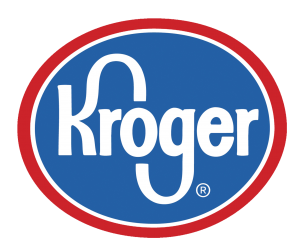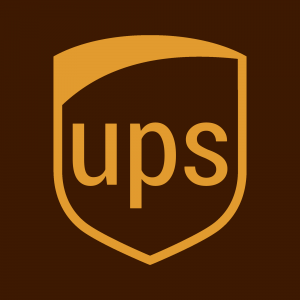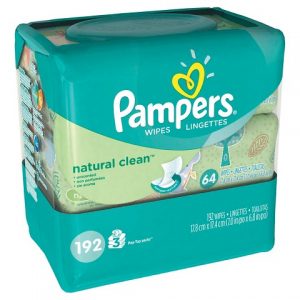 Top Class Action Lawsuits
Top Class Action Lawsuits
Good Food Gone Bad…it’s the subject of a food poisoning class action lawsuit filed against the Kroger Co., The Pictsweet Co. and CRF Frozen Foods LLC and frozen vegetable manufacturers over allegations that the family of Roger Coffelt Jr., was made sick from Listeria contaminated foods. That’s not funny.
Coffelt Jr. filed the complaint alleging the peas his family ate caused illness to and Listeria infection of Coffelt Jr.s’ family members. He claims The Kroger Co., The Pictsweet Co., CRF Frozen Foods LLC are responsible because the defendants allegedly had grown, processed and sold the adulterated subject frozen peas and maintained their food production and packing facilities in an unsanitary and unhygienic condition.
Coffelt, and all those in the class, are seeking damages for not more than $30,000,000 plus penalties, attorneys’ fees and costs and for such other and further relief as the court deems proper. The case is US District Court for the Central District of California Case number 5:16-cv-01471.
Orwellian Credit Checks by T-Mobile? According to an unfair business practices class action lawsuit filed by a consumer, yes.
Filed by Erik Shapiro on behalf of all others similarly situated, the T-Mobile complaint states that in February 2014, Shapiro contacted the defendant to inquire about its phone plans and the possibility of switching his provider to T-Mobile. He alleges that the defendant performed a hard credit check on him, rather than a soft credit check as they stated they would do. As a result of the defendant’s action, the plaintiff sustained damages.
The plaintiff holds T-Mobile USA Inc. responsible because the defendant allegedly misrepresented to plaintiff that they would only do a soft credit check but did a hard credit check without plaintiff’s permission and consent. If true—really not good.
Heads up—the case is US District Court for the Central District of California Case number 2:16-cv-04698-RGK-MRW.
Top Settlements
Oil Spill Settlement…A long time in coming—but at least it’s here—a $177 million settlement agreement has been reached between Canadian pipeline operator Enbridge Energy Limited Partnership and the US federal government regarding the 2010 oil spills in Michigan and Illinois.
The US Environmental Protection Agency and the Department of Justice announced a settlement with Enbridge Energy Limited Partnership and several related Enbridge companies to resolve claims stemming from its 2010 oil spills in Marshall, MI and Romeoville, IL.
Enbridge has agreed to spend at least $110 million on a series of measures to prevent spills and improve operations across nearly 2,000 miles of its pipeline system in the Great Lakes region. Enbridge will also pay civil penalties totaling $62 million for Clean Water Act violations—$61 million for discharging at least 20,082 barrels of oil in Marshall and $1 million for discharging at least 6,427 barrels of oil in Romeoville.
In addition, the proposed settlement will resolve Enbridge’s liability under the Oil Pollution Act, based on Enbridge’s commitment to pay over $5.4 million in unreimbursed costs incurred by the government in connection with cleanup of the Marshall spill, as well as all future removal costs incurred by the government in connection with that spill. The settlement includes an extensive set of specific requirements to prevent spills and enhance leak detection capabilities throughout Enbridge’s Lakehead pipeline system – a network of 14 pipelines spanning nearly 2,000 miles across seven states. Enbridge must also take major actions to improve its spill preparedness and emergency response programs. Under the settlement, Enbridge is also required to replace close to 300 miles of one of its pipelines, after obtaining all necessary approvals.
Ok, that’s a wrap folks… See you at the Bar!

 Top Class Action Lawsuits
Top Class Action Lawsuits Top Class Action Lawsuits
Top Class Action Lawsuits Top Class Action Lawsuits
Top Class Action Lawsuits Top Class Action Lawsuits
Top Class Action Lawsuits